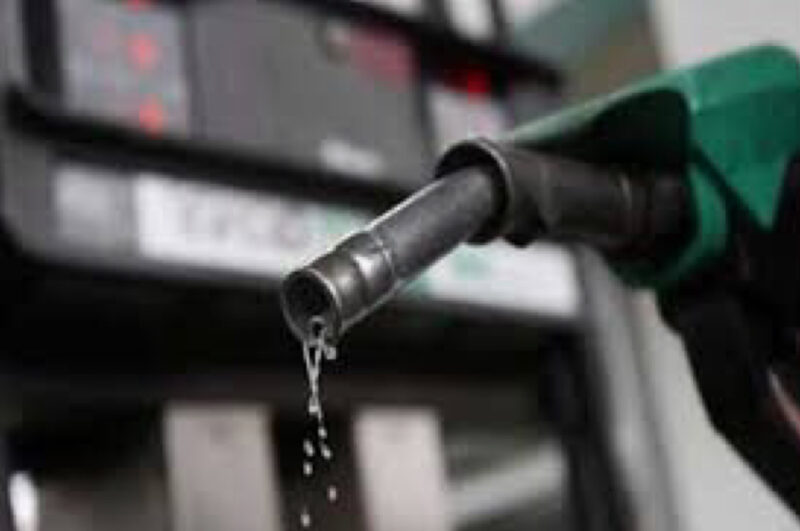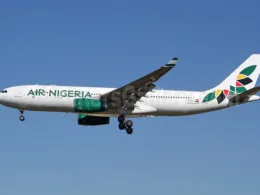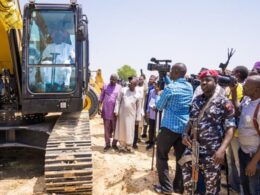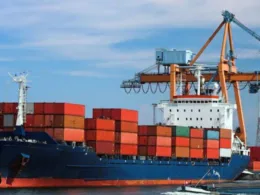Dangote Petrol Pricing Concerns Fuel Debate
The Nigerian National Petroleum Company Limited (NNPCL) has faced criticism from the Independent Petroleum Marketers Association of Nigeria (IPMAN) over the pricing of petrol from the Dangote Refinery. The association is urging the NNPCL to ensure that the locally refined petrol is not sold at a higher price than imported fuel.
According to IPMAN, the current pricing strategy is counterproductive to the nation’s drive for energy self-sufficiency and could negatively impact consumers and marketers alike. The association believes that the pricing should reflect the advantages of domestic production, offering Nigerians a more affordable option.
The NNPCL began loading the first batch of Dangote petrol on Sunday, claiming it had secured the product at N898 per litre. However, IPMAN has questioned this claim, citing a disparity in prices between the locally refined petrol and imported fuel. The association has called for competitive pricing to ensure the success of the Dangote Refinery and foster a sustainable fuel market in the country.
In a statement, John Kekeocha, IPMAN National Welfare Officer, expressed concerns over the pricing strategy. “If NNPC can sell Dangote products higher than the imported products, then it doesn’t make sense. What is the celebration we are having all these while then?” he queried.
The NNPCL has insisted that it received petrol from the Dangote Refinery at N898 per litre, but has challenged the refinery to release the price it sold petrol. The NNPCL has also released a breakdown of pricing for Dangote petrol at its filling stations across the country.
The Dangote Refinery, which began operations in December 2022, has a capacity of 350,000 barrels per day and aims to achieve its full capacity of 650,000 barrels per day by the end of the year. The refinery has already started supplying diesel and aviation fuel to marketers in the country.
Nigeria faces significant energy challenges, with all its state-owned refineries non-operational. The country relies heavily on imported refined petroleum products, with the NNPCL being the major importer. Fuel queues are common in Nigeria, and prices have tripled since the removal of subsidy in May 2023, further exacerbating the woes of citizens who rely on petrol for transportation and power generation.










Join our Channel...